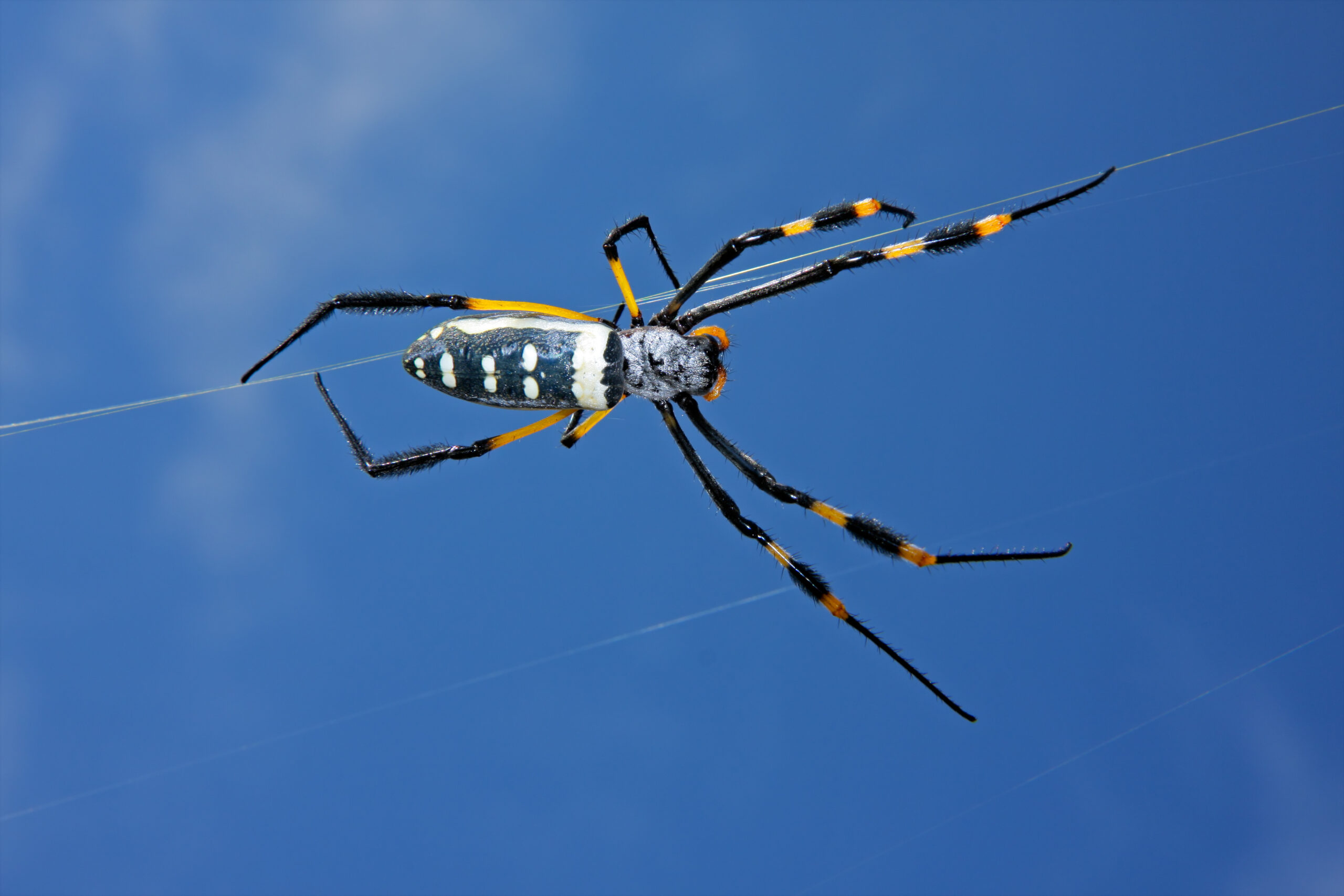Latest research animations
Self-assembly of spider silk
This gut microbe might protect against diabetes and reduce insulin resistance
NEW: One-way hydrogel guides motion of tiny worms!
Latest Posts
No Results Found
The page you requested could not be found. Try refining your search, or use the navigation above to locate the post.
AI used to detect fetal heart problems
Protostars that exhibit large diversity in organic compounds
Scientists solve epigenetic barriers to cloning
Transgenic plants ??on acid survive without water
Two genes that regulate how much we dream
Flies use fecal deposits as pheromones
Hippocampal memory isn’t all about place cells
Summer fun: how plants beat the heat
Freedom from fear ?♀️
Aug
27

Gut bacteria double team worsens symptoms of multiple sclerosis
Joint activity of two gut bacteria leads to excessive MOG-specific T-cell activity and demyelination of neurons in the spinal cord of a mouse model of multiple sclerosis.
Aug
19

Something smells fishy: categorizing odors in the brain
Calcium imaging and mathematical model explain how categories and mixtures of odors are represented in the fly brain and consistent across individual flies.
Jul
8

Photosynthetic bacteria spin spider silk for the masses
A little genetic engineering and a special recipe allows photosynthetic bacteria to mass-produce super lightweight spider silk for use in manufacturing.
Jun
25

Blood cell mutations linked to leukemia are inevitable
Researchers show that blood cell mutations increase with age identify risk factors for developing leukemia in Japanese and European populations.
Jun
10

Organic nitrogen in soil helps crop growth
Scientists used a multi-omics analysis to show that soil solarization helps crops grow because it increases organic nitrogen in the soil.
May
12

Consciousness, brain connections, and the claustrum
Research shows that the claustrum acts as a ‘consciousness conductor’ that synchronizes and connects areas within the mouse brain.









